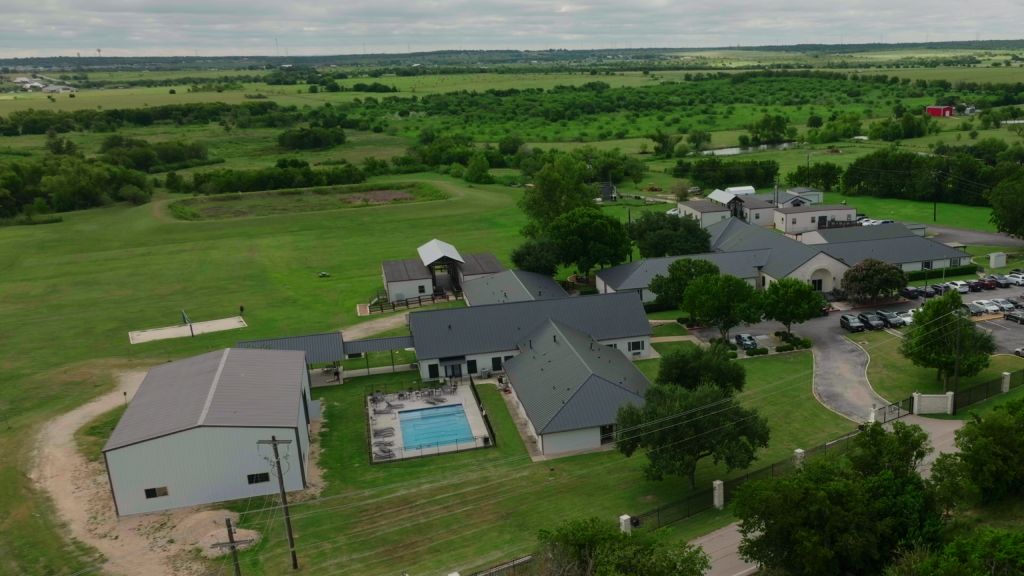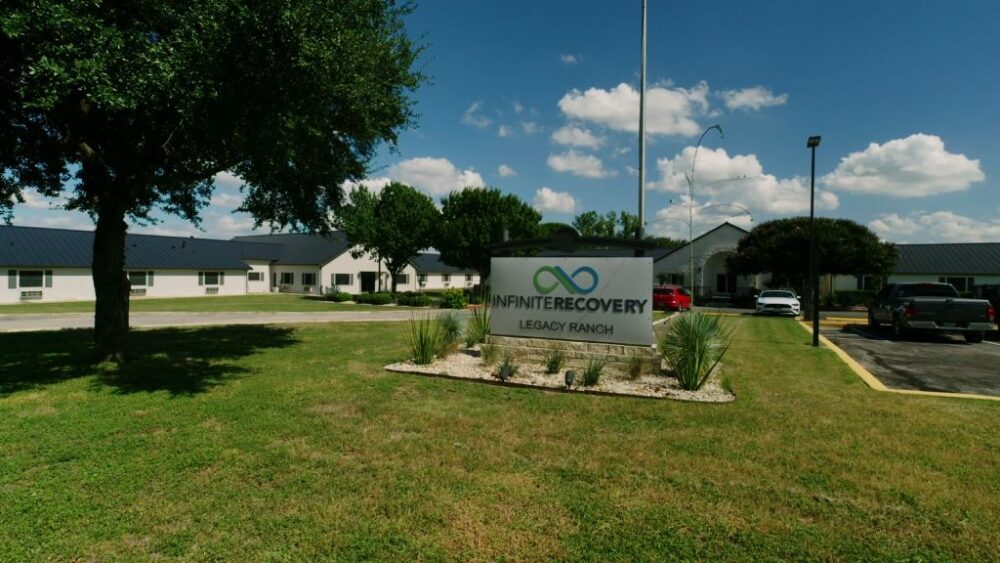Table of Contents
TL;DR:
- Detox is the initial stage, with options for medical or non-medical approaches, but further treatment is always necessary.
- Inpatient rehabilitation provides intensive therapy, a structured environment, and peer support, with various levels of care available.
- Outpatient rehabilitation offers flexibility, allowing individuals to maintain daily routines while receiving treatment, with varying levels of intensity.
- Specialized programs can cater to unique needs, including dual diagnosis, gender-specific, age-specific, faith-based, and holistic approaches.
Starting the addiction recovery journey can feel overwhelming, especially with so many treatment options out there. If you or someone you love is struggling with substance abuse, understanding the rehab landscape is an important first step.
Recovery isn’t one-size-fits-all, but the good news is there are plenty of programs designed to fit different needs and situations.
In this post, we’ll break down the different types of rehab, so you can make informed choices and find the best path forward.
Detoxification Programs
The first, and often toughest, part of addiction recovery is detox. This is when the body clears out substances and deals with withdrawal symptoms. It’s a crucial step, but how it fits into treatment can vary depending on the type of drug rehab program.
Understanding detox and its role in recovery can help you choose the right path.
Medical Detox
Medical detox happens in a controlled environment under the supervision of healthcare professionals. This is the safest option for people with severe addictions or underlying health issues. Medication is often used to ease withdrawal symptoms and keep patients stable.
Medical detox is typically part of inpatient rehab, providing a structured and secure setting.
Non-Medical Detox
For those with milder addictions, non-medical detox might be an option. This can sometimes be done at home or in an outpatient setting, but only after consulting a medical professional. Even without medical supervision, a structured plan and support system are essential.
Detox clears substances from the body, but it doesn’t address the mental and behavioral aspects of addiction. Without follow-up treatment, the risk of relapse is high. That’s why detox should always be followed by a rehab program.
Inpatient Rehab
Inpatient rehab means staying at a treatment facility full-time, following a structured schedule of therapy and support. This type of rehabilitation is especially helpful for those with severe addictions or needing close medical supervision.
Why Choose Inpatient Rehab?
- Intensive Therapy: Inpatient programs offer a mix of individual, group, and family therapy, plus alternative treatments like yoga or art therapy. This deep-dive approach helps address the root causes of addiction.
- Structured Environment: Living in a controlled setting eliminates triggers and distractions, which is crucial for those with severe addictions or co-occurring mental health conditions.
- Peer Support: Being surrounded by others on the same journey creates a strong sense of community, offering encouragement and shared experiences.
Different Levels of Inpatient Care
Not all inpatient programs are the same:
- Luxury Rehab: Offers high-end amenities, private rooms, and specialized therapies for a more comfortable experience.
- Standard Inpatient: Provides a comprehensive mix of therapy, medication management, and education at a moderate cost.
- Long-Term Residential: Designed for those with chronic addiction, these programs extend for several months, offering gradual reintegration into daily life.
Inpatient programs vary in size, setting, and specialization. Some focus on specific groups like adolescents, women, or those with co-occurring disorders. Finding the right facility depends on individual needs and treatment goals.
Outpatient Rehab
For those who need treatment but can’t step away from daily life, outpatient rehab offers a more flexible alternative to inpatient care. This type of rehab allows individuals to live at home while attending therapy sessions and other treatment activities.
Benefits of Outpatient Programs
- Flexibility: Individuals can keep up with work, school, and family life while receiving treatment.
- Affordability: Outpatient programs typically cost less than inpatient care, making them more budget-friendly.
- Real-World Application: Living at home allows individuals to immediately practice coping skills learned in therapy.
Types of Rehab Facilities in an Outpatient Setting
Outpatient programs vary in intensity, offering different levels of support:
- Intensive Outpatient Programs (IOPs): This includes several therapy sessions per week, often in the evenings or on weekends, for a more structured approach.
- Partial Hospitalization Programs (PHPs): This is the most intensive outpatient option, requiring several hours of treatment per day, five to seven days a week.
- Standard Outpatient Therapy: Usually involves weekly or bi-weekly counseling sessions. This option is ideal for those with milder addictions or as a step-down from intensive care.
Outpatient rehab works best for those with a stable home environment, strong support system, and a commitment to recovery. Consulting a healthcare professional can help determine if it’s the right path for you.
Specialized Rehab Programs
Within inpatient and outpatient care, there are rehab programs designed to address specific challenges. These specialized options provide targeted support that may not be fully covered in general treatment settings.
Dual Diagnosis Programs
Since addiction and mental health disorders often go hand in hand, dual diagnosis programs treat both simultaneously. These programs integrate addiction treatment with therapy for conditions like anxiety, depression, or PTSD, offering a more comprehensive approach to recovery.
Gender-Specific Programs
Men and women experience addiction differently, and gender-specific rehab programs provide tailored support in a safe, understanding environment. These programs address gender-related challenges and create a space for open discussion and healing.
Age-Specific Programs
Different age groups face unique struggles in addiction recovery. Whether it’s a program designed for teens, young adults, or seniors, age-specific rehab ensures treatment is relevant and supportive for each stage of life.
Faith-Based Programs
For those who find strength in their religion, faith-based rehab programs integrate spiritual principles and practices into treatment. These programs can provide a sense of purpose, guidance, and a supportive community rooted in shared beliefs.
Holistic Rehab Programs
Holistic rehab takes a whole-person approach to recovery, incorporating therapies like yoga, meditation, acupuncture, and nutrition to support mental, physical, and emotional well-being.
Addiction treatment continues to evolve, offering a variety of rehab options tailored to different needs. Exploring the different types of rehabilitation available can help you find the best program for your unique situation and recovery goals.
Finding the Right Rehab for You
Whether you need the structure of inpatient care, the flexibility of outpatient programs, or the focused support of specialized rehab, there’s a treatment option that fits your needs. Recovery isn’t a one-time event; It’s a journey, and having the right support makes all the difference.
If you or someone you love is struggling with addiction, don’t wait to get help. At Infinite Recovery, we know that no two recovery journeys are the same. That’s why we offer a range of personalized addiction treatment programs to support your path to healing.
Reach out today to learn more about our services and take the first step toward a healthier, happier life.

















